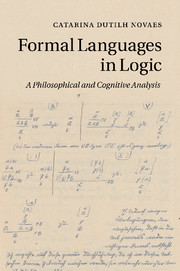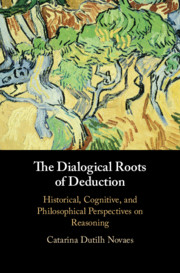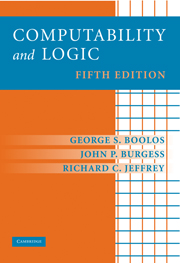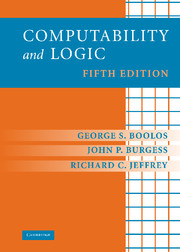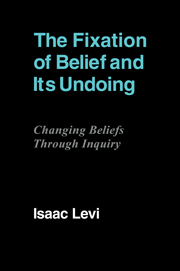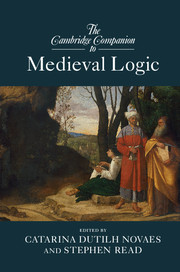Formal Languages in Logic
Formal languages are widely regarded as being above all mathematical objects and as producing a greater level of precision and technical complexity in logical investigations because of this. Yet defining formal languages exclusively in this way offers only a partial and limited explanation of the impact which their use (and the uses of formalisms more generally elsewhere) actually has. In this book, Catarina Dutilh Novaes adopts a much wider conception of formal languages so as to investigate more broadly what exactly is going on when theorists put these tools to use. She looks at the history and philosophy of formal languages and focuses on the cognitive impact of formal languages on human reasoning, drawing on their historical development, psychology, cognitive science and philosophy. Her wide-ranging study will be valuable for both students and researchers in philosophy, logic, psychology and cognitive and computer science.
- Draws on history, philosophy, logic and empirical sciences to discuss the concept of formal languages
- Does not presuppose extensive previous knowledge; the volume is essentially self-contained and self-explanatory
- The arguments presented here also apply to uses of formalisms in other disciplines, including the empirical and social sciences
Reviews & endorsements
"What does formalisation do for us? Here is an author who dares to attempt answers right across the disciplines of logic and philosophy and their histories, as well as cognitive science. She may set out from logic and mathematics, but what she has to say she is relevant to anyone who has ever wondered about natural language as the originating formalisation."
--Keith Stenning, University of Edinburgh
Product details
November 2014Paperback
9781107460317
284 pages
229 × 152 × 15 mm
0.38kg
4 b/w illus. 4 tables
Available
Table of Contents
- Introduction
- 1. Two notions of formality
- 2. On the very notion of a formal language
- 3. The history, purposes and limitations of formal languages
- 4. How we do reason, and the need for counterbalance in science
- 5. Formal languages and extended cognition
- 6. De-semantification
- 7. The debiasing effect of formalization
- Conclusion.

